WELCOME TO ARAB WORLD
Embrace the Beauty and Diversity of the Arab World
Welcome to our website, where we invite you to embark on a captivating journey through the enchanting Arab world. Discover the splendor of this culturally rich region, where ancient history intertwines with modern marvels, and vibrant traditions coexist with innovative ideas.
Immerse yourself in the breathtaking landscapes, indulge in the tantalizing flavors of Arab cuisine, and explore the treasures of art, music, and literature that have shaped the Arab heritage. Whether you're an avid traveler, a history enthusiast, or simply curious about this fascinating part of the world, our website is your gateway to unlocking the wonders and secrets of the Arab world. Join us as we celebrate the beauty, diversity, and enduring spirit of the Arab people.
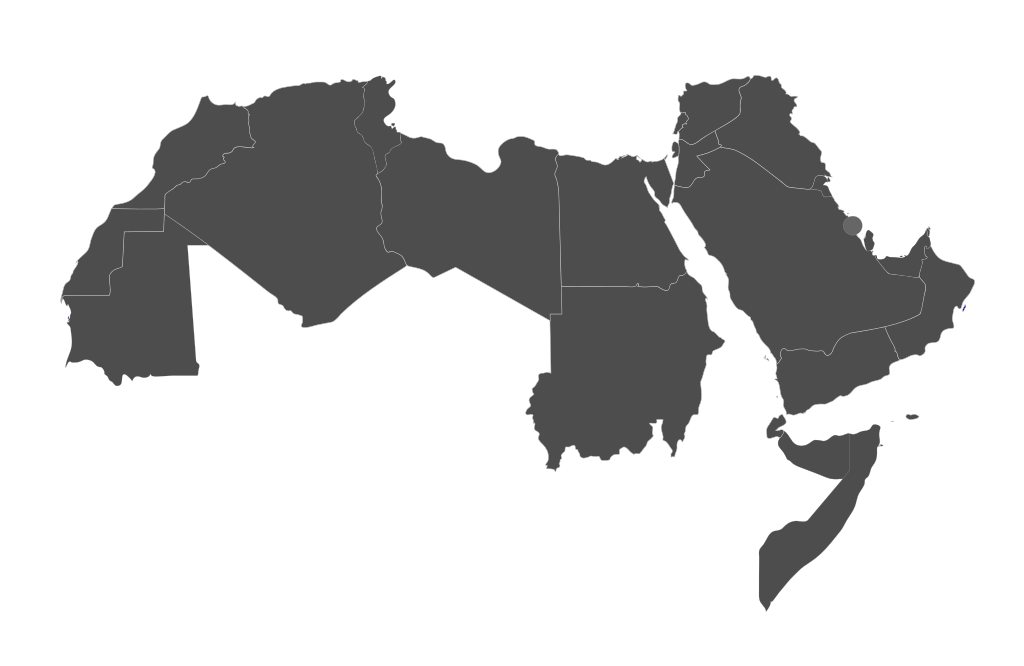
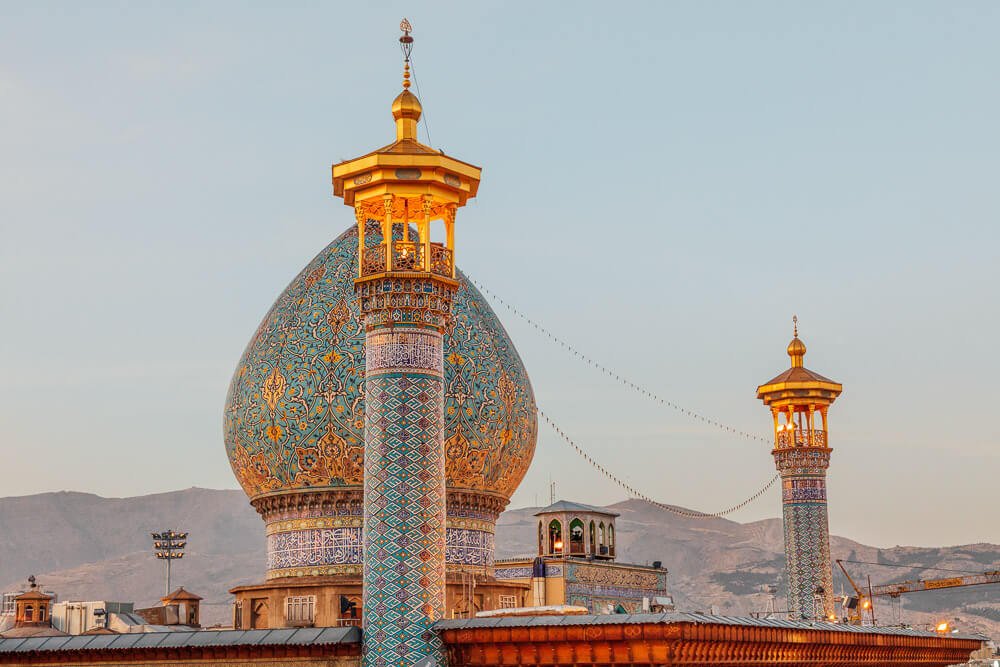

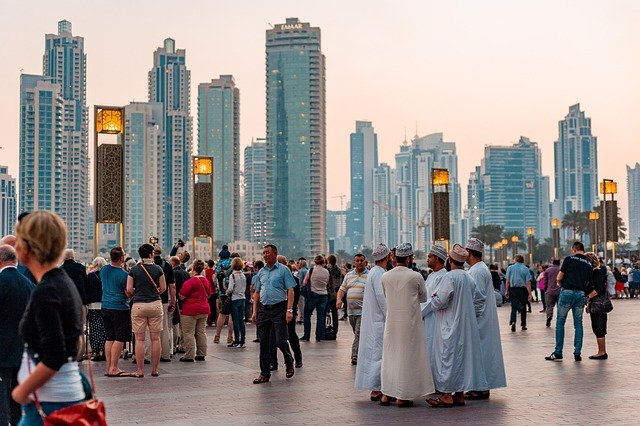
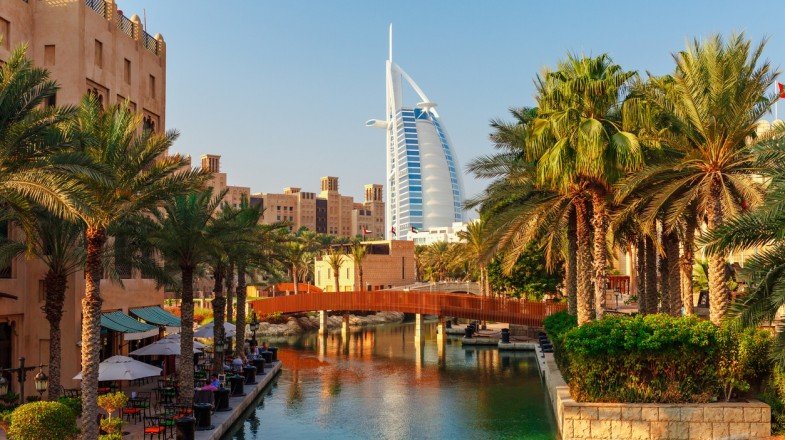
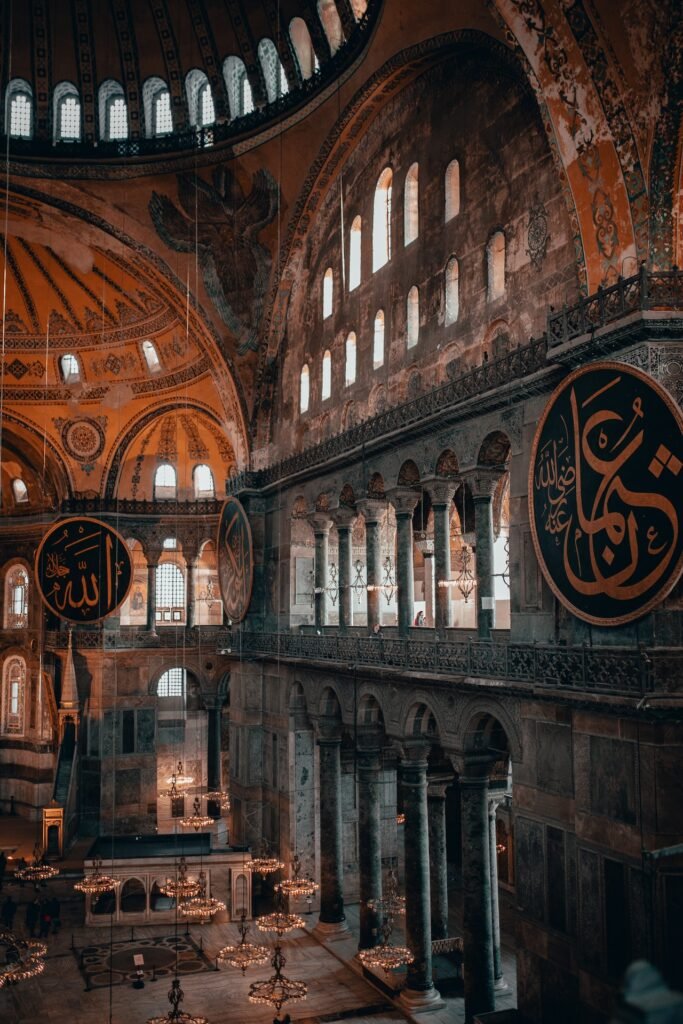
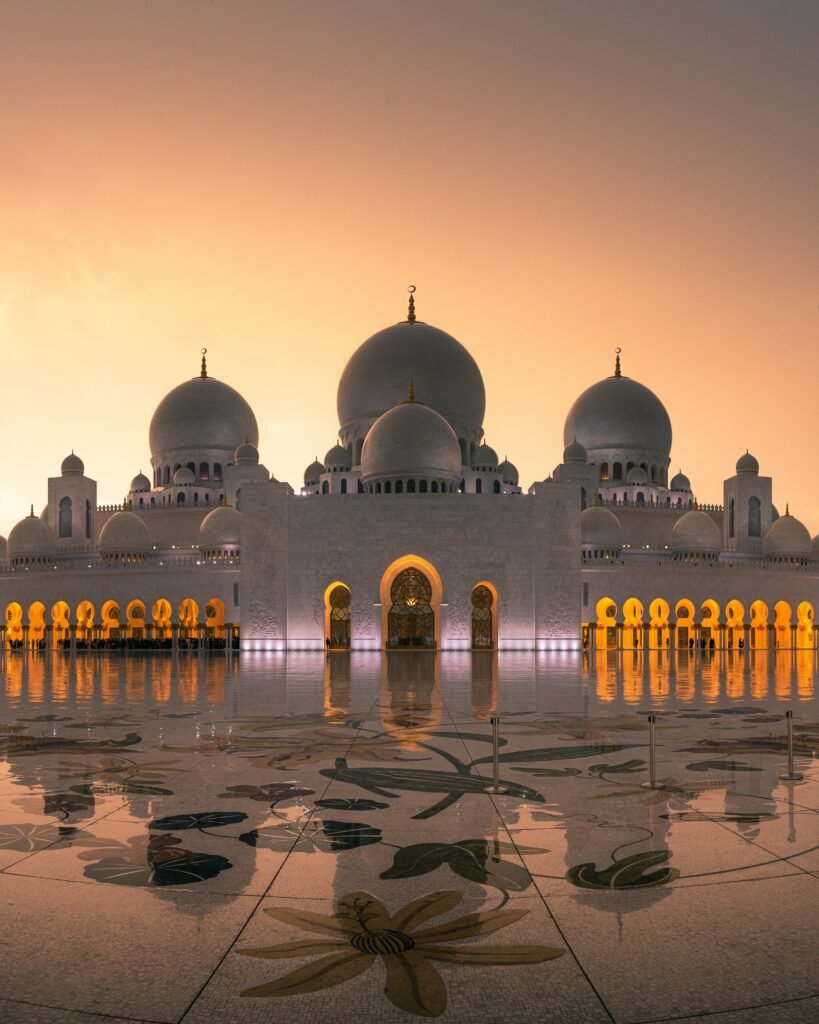
About the Arab World
Unveiling the Enigmatic Arab World
Welcome to our comprehensive guide that unravels the mysteries of the Arab world. Spanning across a vast expanse of land, this region encompasses a rich tapestry of cultures, traditions, and histories. With over 20 countries, a multitude of languages, and a diverse array of religions, the Arab world showcases a captivating blend of old and new. From the awe-inspiring landscapes of the Sahara Desert to the bustling metropolises of Dubai and Riyadh, each corner of this enchanting realm holds its own allure. Join us as we delve into the fascinating nuances that define the Arab world, offering insights into its geographical extent, population diversity, predominant languages, and the profound impact of its historical legacy. Embark on a journey of discovery and appreciation for the vibrant tapestry that is the Arab world.
Cultural Heritage
Treasures of the Arab World: A Cultural Odyssey
Immerse yourself in the rich tapestry of the Arab world's cultural heritage, where ancient traditions meet contemporary expressions. From the majestic calligraphy that adorns mosques and manuscripts to the rhythmic melodies of Arabic music that stir the soul, the Arab world is a treasure trove of artistic brilliance. Delve into the world of literature and explore the profound words of renowned Arab poets and authors who have shaped the literary landscape. Marvel at the architectural wonders like the iconic Alhambra in Spain or the intricate mosques that showcase breathtaking Islamic artistry. Indulge your senses with the aromatic flavors of Arab cuisine, a fusion of spices and ingredients that create a culinary experience like no other. Join us on this cultural odyssey as we celebrate the vibrant and diverse heritage that has shaped the Arab world and continues to inspire generations.

Travel and Tourism
Unveiling the Splendors of the Arab World: Your Gateway to Extraordinary Journeys
Embark on an extraordinary adventure through the Arab world, where ancient wonders and modern marvels await. From the golden dunes of the Arabian desert to the breathtaking landscapes of the Mediterranean coastline, this region beckons travelers with its captivating allure. Explore the bustling streets of Dubai, where soaring skyscrapers touch the clouds and luxury awaits at every turn. Lose yourself in the labyrinthine streets of Marrakech's medina, where vibrant souks burst with colors, scents, and treasures. Marvel at the timeless beauty of ancient cities like Cairo, where the Pyramids of Giza stand tall, bearing witness to the mysteries of the past. Discover the architectural wonders of Petra, a UNESCO World Heritage Site carved into the rose-colored cliffs of Jordan. Whether you seek adventure, cultural immersion, or relaxation, the Arab world offers an abundance of experiences to enchant every traveler. Get ready to unlock the secrets of this captivating region and create memories that will last a lifetime.
